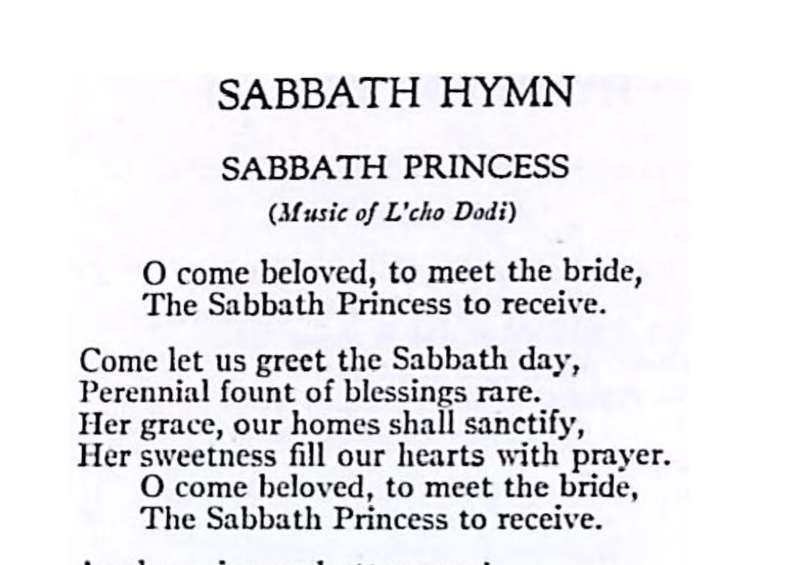TOGGLE COLUMNS (on/off):ADJUST COLUMN POSITIONS: select the column header cell and drag it where you want. show me!COPY INDIVIDUAL COLUMN(S): use CopyTables, a browser extension.
| Source by L. Stein (German) | Translation by F.L. Hosmer (English) | Adaptation by A.I. Cohon (English) |
|---|---|---|
O Tag des Herrn |
O Day of God. (Col-Nidre.) |
Day of God |
O Tag des Herrn! Du nahst Und das Herz erbebt, Und Schauer fassen die Seele, Sie gedenket ihrer Missethat, Sie gedenket, daß ihr Richter naht, Und zittert. Sie bangt, sie zagt; sie weint und klagt Und vergeht in Thränen. |
O day of God! Thou comst — And the heart bows down, And fear o’ershadows the spirit. She remembers now her evil ways. As no more her righteous Judge delays,— And trembles. She weeps, she sighs, she moans, she cries. Overwhelmed with sorrow. |
O day of God! thou com’st, Thou com’st, thou com’st, thou com’st! And my heart is alarmed; My soul is stricken with terror. She remembers her sins, with fear, As the judgment of her God draws near; And trembles; She sighs and moans, she cries and groans, Overwhelmed with anguish. |
Fasse Muth, o belastet Herz! Schau du nur trostvoll himmelwärts! Gütig ist der Herr, Gern gibt er Gehör, Naht sich auszusöhnen. |
Courage, heart! Rise now from the dust!— Heavenward lift thine eyes in trust! Lo, thy gracious Lord Speaks the saving word Of reconciliation.— |
Courage heart! rise from the dust! Heavenward lift Thine eyes in trust. Lo! thy gracious Lord Speaks the saving word Of reconciliation. |
Herr Gott, sieh’, Sieh’ meines Herzens Wehen, Und neig dein Ohr! Herr vermmm, Vernimm mein heißes Flehen, Oeffn’ uns das Thor! Nimm weg die Missethat, Oeffn’ uns das Thor der Gnad’, Und zieh’ uns empor. |
Lord! God! See,— See Thou my heart’s contrition, And bow Thine ear! Hear, hear the voice of my petition, Banish my fear! Blot out my evil ways, Open the doors of grace, Bid us enter there! |
Lord! behold, behold my heart’s contrition; And bow Thine ear! Hear, O hear the voice of my petition; Banish my fear. My sinful deeds efface; Open the door of grace; Bid us enter there! |
Angie Irma Cohon’s “Day of God” is a hymn for Yom Kippur, an abbreviated adaptation of “O Tag des Herrn!,” a paraliturgical Kol Nidrei by Leopold Stein, translated from German to English by Frederick Lucian Hosmer. Cohon’s abridged rendering is published in תפלת ישראל (Tefilat Yisrael) A Brief Jewish Ritual (Women of Miẓpah 1921), p. 20. Hosmer’s translation appears in Hymns and Anthems for Jewish Worship (ed. Isaac S. Moses, 1904), hymn №107 pp. 69-71.
Source(s)




“Day of God, Leopold Stein’s “O Tag des Herrn!” (1840) adapted from Frederick Lucian Hosmer’s translation (1904) as a hymn for Yom Kippur by Angie Irma Cohon (1921)” is shared through the Open Siddur Project with a Creative Commons Public Domain Dedication 1.0 Universal license.










Comments, Corrections, and Queries